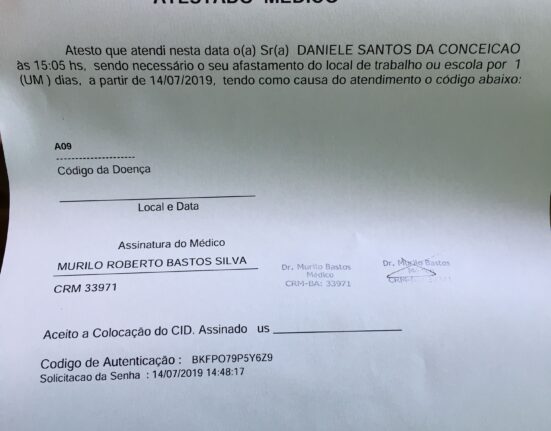Amidst the rolling hills of Montenegro, Rio Grande do Sul, a silent battle was fought against an invisible enemy – the bird flu outbreak. As news of the contagion spread like wildfire, fear gripped the hearts of many across Brazil. However, hope emerged when Agriculture Minister Carlos Fávaro confidently declared that the outbreak had been successfully contained.
“If this outbreak in Montenegro had escaped to other regions of the country, we would have had other cases of mortality,”
Fávaro emphasized during a public hearing at the Senate Committee on Agriculture and Agrarian Reform. His words echoed a sense of relief and victory for a nation on edge.
The swift response by Brazil’s health system played a crucial role in curbing the spread of the disease. Rigorous inspections were carried out in 540 rural establishments within close proximity to the affected farm. Sanitary barriers were erected, serving as shields against further transmission.
Fávaro expressed his confidence, stating,
“Although we are on the fifth working day after total disinfection of the farm and 15 days since the outbreak appeared, I can assure you with great peace of mind that the outbreak in Montenegro has been contained.”
This declaration marked a turning point in Brazil’s fight against avian influenza.
Expert analysis highlighted not only the effectiveness but also the resilience of Brazil’s health control system. The meticulous identification and inspection of surrounding farms underscored a proactive approach to disease containment. Fávaro revealed that steps to protect workers and prevent further outbreaks were promptly implemented.
In just over 20 days post-outbreak discovery, Brazil aimed to declare itself free from avian influenza. Stringent sanitary protocols dictated this timeline as authorities remained vigilant in monitoring any resurgence of cases. The prospect of regaining freedom from this viral threat loomed closer with each passing day.
The economic repercussions reverberated beyond Brazilian borders as 24 countries halted imports of meat and eggs from Brazil due to health concerns. Yet, with assurance from Fávaro on successful containment efforts, negotiations for trade resumption gained momentum.
Drawing parallels with global counterparts, Fávaro highlighted Brazil’s decisive action in culling infected birds without delay. A stark contrast was made with incidents elsewhere where delayed responses led to catastrophic consequences.
“The bird flu virus has been circulating in the world for at least 30 years…Brazil has become…the only major meat and egg producer not to have [it]…that’s no coincidence,”
noted Fávaro proudly as he reflected on Brazil’s unique position amidst longstanding global challenges posed by avian influenza.
Avian influenza remains primarily a concern for poultry populations; however, its potential spillover into mammals raises broader public health implications. Vigilance coupled with informed precautionary measures serves as pillars against unforeseen outbreaks.
As life gradually returns to normalcy in Montenegro and across Brazil, lessons learned from this crisis serve as reminders of resilience amid adversity. The successful containment offers reassurance that proactive measures can mitigate even nature’s most daunting threats.









Leave feedback about this